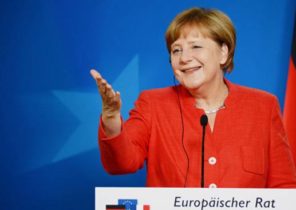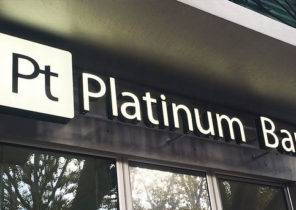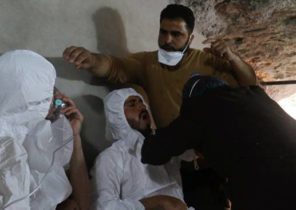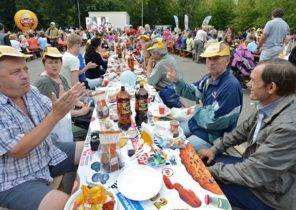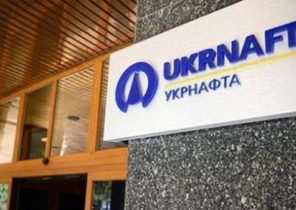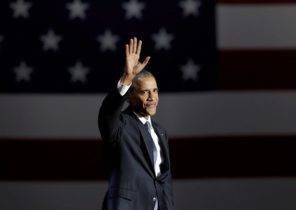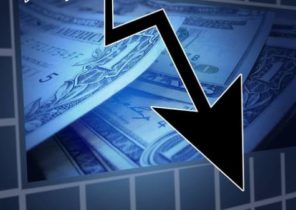
After the terrorist attacks in January 2015 France plunged into the atmosphere of terrorism which, in particular, is characterized by increased need for security. How has France and the French after the terrorist attacks at Charlie Hebdo and Hyper Casher? This tells Jerome Fourka (Jérôme Fourquet), the Director of the Department of public opinion of the French Institute of public opinion.
At the moment, quite clearly, there are noticeable shifts in terms of a sense of security. If we take as a basis the assessment of the terrorist threat, it is possible to draw the line between what was before and after Charlie Hebdo. In the country formed the atmosphere of terrorism. In surveys, 30-40% of French people say that they changed due to their habits.
In addition, it is worth noting the awareness of the scope and danger of threats, as well as its dispersal throughout the country and a large number are involved in terrorism of the people.
Thus the requirement for state authorities to introduce preventive measures. So, from 65% to 80% of the French spoken in previous surveys for the detention of all suspects in terrorist activities.
Another consequence of this situation was to support the introduction and maintain the state of emergency. In addition, a number of French people agree on tighter controls over private life, if this is done for the “common cause”. The situation in our country similar to Germany, where, until recently, remained an acute distrust of state intervention and security in the private lives of people because of past events, including the GDR. In France all moved quickly to gain control and its tools, in fact, to a new era.
Anyway, this process manifested itself differently on different issues. So, if you look at the attitude of the French towards Islam, which was not the best and to Charlie Hebdo, it is possible to ascertain the amplification of this negative perception, despite the relative stability of views about Islam. This relative stability is supported by figures from the International League against racism and anti-Semitism: although the terrorist attacks of January 2015, November 2015 and summer of 2016 there have been bursts of anti-Muslim protests, each of them was smaller than the previous one. Thus, public opinion has remained relatively stable without a radicalization and intensification of the minority who might try to confront him. Moreover, the number of anti-Muslim acts after each of the three attacks in our country have steadily declined.
Society has shown resilience, despite the endured shock, but it had a downside, manifested in the dramatic rise of safety and support strengthening the entire Arsenal. Here we see a symptomatic illustration of the famous phrase Mark Weber on the state’s monopoly on violence. We all faced unprecedented for several decades now the level of threat. Vigilante justice in such circumstances would be completely meaningless, because it is only adding fuel to the fire. In addition, the society remained United, not least due to the fact that political power has given a guarantee and demonstrated that strengthens our Arsenal. I think that françois Hollande had it in my head when I tried to justify in disputes regarding the deprivation of nationality. Anyway, this does not negate the question of whether such a measure is an effective response to the endured shock.
The movement in the new era entailed very specific implications, such as weapons of the municipal police throughout France, the equations of the conditions of legitimate self-defence of police and gendarmes, preservation emergency, and administrative searches, the extension of the means of wiretapping, etc. because Of the unprecedented nature of the situation these steps have been taken in a short time, although security experts have asked to introduce some of them for many years. For zealous defenders of personal freedoms, all of this becomes the price that must be paid not to give some groups of French society to roll in the direction of inter-communal unrest or even civil war.
With regard to the reception of refugees in France, more than half of respondents answered in the negative. With regard to the terrorist threat in the country, the French consider it very high. If in the near future Islamist terrorists will arrange acts of terrorism in France, whether to wait for an uncontrollable response from people who wanted “revenge” or “get even” with attacks on mosques, Muslim shops or neighborhoods? 73% of respondents answered positively.
Some believe that the French need to undertake deep reforms to avoid decline, however, to any elected General voting policies do not have the courage to bring them to the end. Therefore, the leadership of the country should be entrusted to professionals who will undertake the implementation of necessary but unpopular measures.
